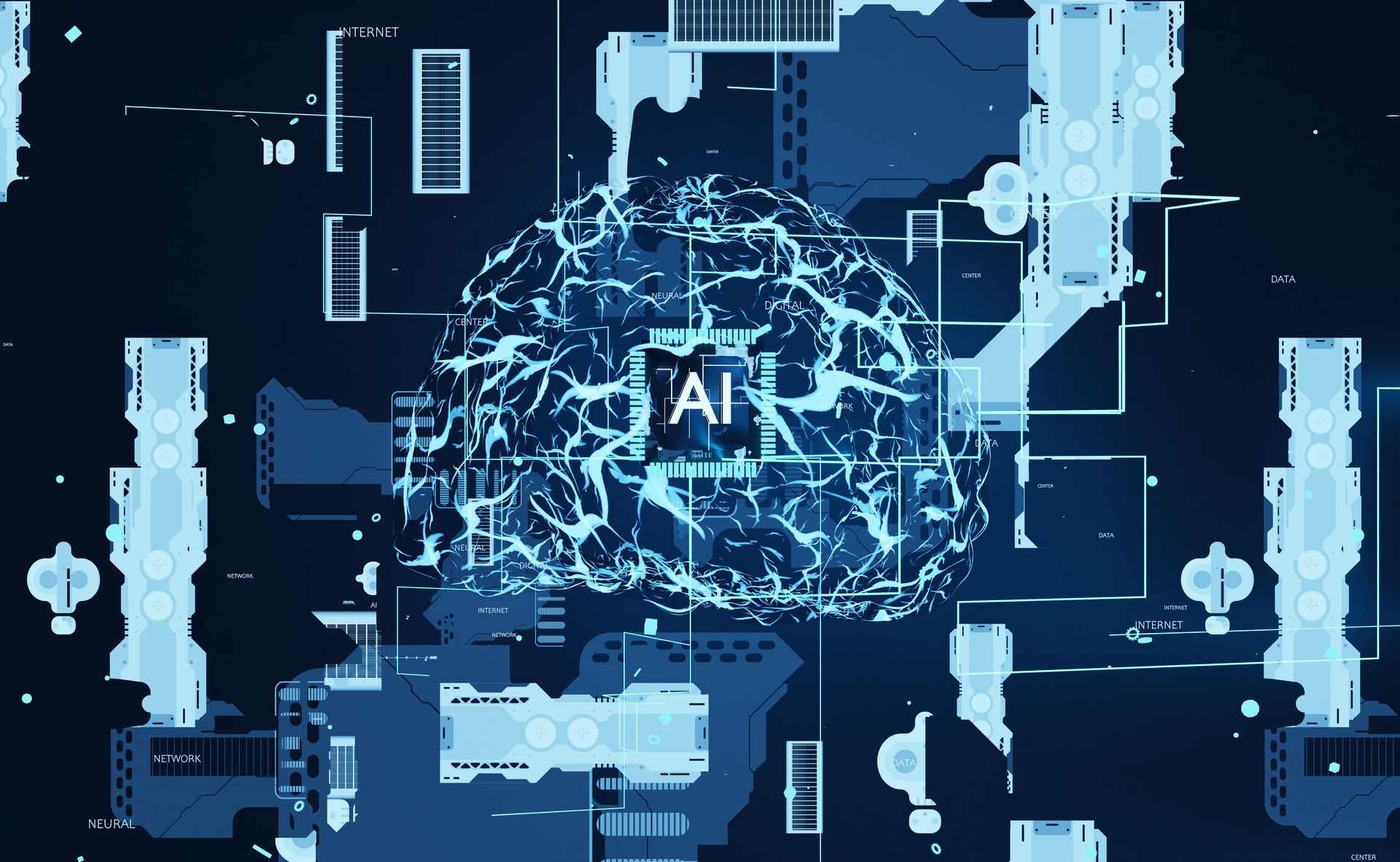Jensen Huang, the visionary CEO of Nvidia, made bold predictions during his keynote address at GTC 2024.
He proclaimed that two major challenges facing artificial intelligence
He predicts hallucinations and the path to artificial general intelligence (AGI) could see dramatic solutions in the coming years.
AI hallucinations
AI hallucinations are a well-documented phenomenon where AI models generate responses that are factually incorrect yet appear plausible or convincing to a human observer. This issue has hampered the reliability and trustworthiness of models like large language models (LLMs) such as ChatGPT, Gemini, and many others.
Huang, however, downplayed this concern, arguing that AI hallucinations are fixable. He emphasized thorough research and verification as the way to ensure models provide consistently accurate information. This might mean greater reliance on connecting AI systems to reliable knowledge sources or developing mechanisms within the models themselves to self-validate output.
Is Artificial General Intelligence closer than we think? Jensen thinks so
Artificial General Intelligence (AGI) is the aspirational goal of developing AI that possesses the intellectual flexibility and adaptability of the human mind. Huang shocked the technology community with his assertion that AGI could be achievable within the next five years.
He didn’t suggest we’d have fully conscious AI in this timeframe. Instead, he outlined a scenario where AI models could pass rigorous, human-level tests in specialized domains. Think about concepts like an AI passing a legal bar exam, excelling in advanced economic theory, or even mastering a pre-med curriculum.

Words are coming from a man who can do it
Huang’s leadership at Nvidia makes his statements influential.
Nvidia is a cornerstone of the global AI industry, producing the powerful chips (B200 and GB200) essential for training and running cutting-edge models. Huang’s insights offer a window into where industry leaders believe AI is headed.
Yet, these audacious predictions ignite a broader discussion about the trajectory of AI.
If AGI-like capabilities begin to emerge in specialized areas, society will need to develop frameworks to assess and certify AI competency. How do we reliably know an AI understands medicine… or law… or any other complex subject?
The ability of AI to pass challenging intellectual tests opens up vast new domains of application where AI will transform how work is done. This might change everything from how legal advice is given to medical diagnoses to economic forecasts.
And lastly, concerns about bias, accountability, and the misuse of advanced AI systems will only intensify as their capabilities grow. Huang’s statements underscore the urgent need for ethical guidelines and governance structures.
The artificial future
Whether Jensen Huang’s predictions turn out to be entirely accurate or slightly over-optimistic, GTC 2024 signaled a pivotal moment. Advancements in AI seem poised for tremendous growth, with profound implications for technology, society, and how we understand what it means to be intelligent.
Featured image credit: rawpixel.com/Freepik.





